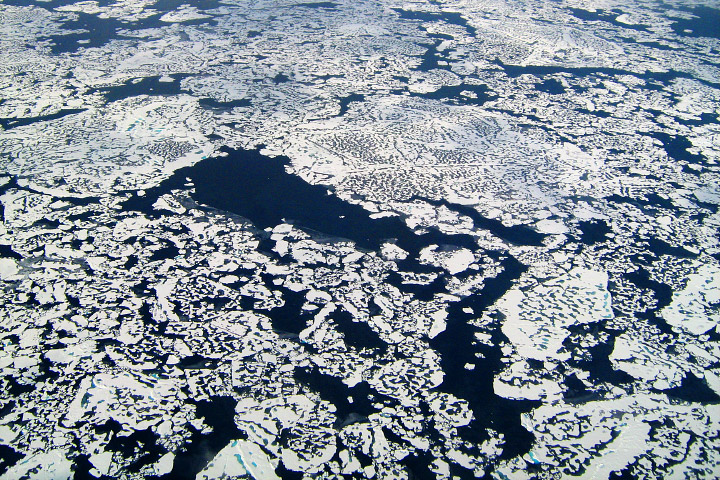Russia’s invasion and ongoing war against Ukraine has led to a significant, and as yet unknown, number of deaths amidst a wider humanitarian catastrophe. With millions of people displaced from their homes, critical infrastructure destroyed, and a looming disaster at the Russian-occupied Zaporizhzhya nuclear power plant – Europe’s largest nuclear facility – the immediate consequences of the war are devastating.
Less visibly, but also importantly, diplomacy on a number of key international issues has taken a step backwards. Last month, Russia refused consensus on the final outcome document at the Non-Proliferation Treaty Review Conference. Heated exchanges at the UN Security Council between Russia and other member states have become the norm.
Climate Consequences
When it comes to climate change, the consequences of Russia’s war and increasing international isolation are still emerging. Europe’s outsized reliance on Russian gas has received a great deal of attention, particularly in the context of the expected energy shortages across Europe this winter. In the longer term, mandatory and voluntary gas cutbacks by European Union nations may speed the bloc’s transition to renewable energy and more efficient forms of heating, such as heat pumps.
Aside from energy crises, one significant climate issue of immediate concern is around Russia’s methane emissions. Methane is an extremely potent greenhouse gas, which leads to approximately 84 times the global warming effect of a comparable amount of carbon dioxide over a period of 20 years. Scientists estimate that around 60% of methane emissions can be attributed to anthropogenic sources, including agriculture, meat and dairy production, waste disposal, and fossil fuel infrastructure. The remainder can be attributed to natural sources, including – increasingly – methane that is reaching the surface from melting permafrost.
Daphne Wysham, CEO of the nonprofit group Methane Action, said, “Russia is one of the biggest emitters of methane. In addition to methane leaks from its fossil fuel infrastructure, the East Siberian Arctic Shelf is very shallow and there is a lot of warm water there. As it warms, it’s bubbling up lots and lots of methane. Due to Russia’s invasion of Ukraine, there was a lot of collaborative science and research around methane that got put on hold.”
Global Methane Pledge
The issue of methane was highlighted at the 26th United Nations Climate Change Conference (COP26) in Glasgow in November 2021. US President Joe Biden and European Commission President Ursula von der Leyen introduced the Global Methane Pledge, in which signatories agree to take voluntary actions to contribute to a collective effort to reduce global methane emissions at least 30 percent from 2020 levels by 2030.
122 countries have signed the Global Methane Pledge to date. However, says Wysham, “Of the top four methane emitters, only the United States has signed on to the Global Methane Pledge. China, India, and Russia have not.”
With Russia increasingly isolated, it seems unlikely that it will sign the Global Methane Pledge, nor take any immediate action to stem its anthropogenic sources of methane emissions. COP27, hosted by the government of Egypt, is set to begin on 6th November. In the weeks leading up to COP27, the diplomatic pressure of securing positive commitments on methane from Russia, along with India and China, is certain to increase.
Prospects for Peace?
If history is any guide, untangling the deep-seated conflicts and resentments between Russia and Ukraine will be complex and time-consuming. It’s unlikely that any one proposed solution will be a quick fix to satisfy all sides.
John Fitzgerald is a veteran of US congressional politics and international climate negotiations. He currently serves as Legal and Governance Advisor to Methane Action. Suggesting one possible element of a future peace deal involving Russia, Fitzgerald said, “In the longer term, because so much [methane] gas is leaking out of Russian pipelines, there’s a carrot there for a peace settlement. One could say, ‘Look, if you want to make peace and call it off in Ukraine, we’d love to help you plug those [methane] leaks and save that gas instead of having it go out [into the atmosphere].’ Those leaks are easy to fix if you have the right technology and apply it correctly. I think this could be an inducement to peace as well as solving the [methane leak] problem.”
Every day the war goes on, more lives are lost. Every day climate diplomacy continues to stall, the harder it will be for humans to restore a livable climate for future generations.












